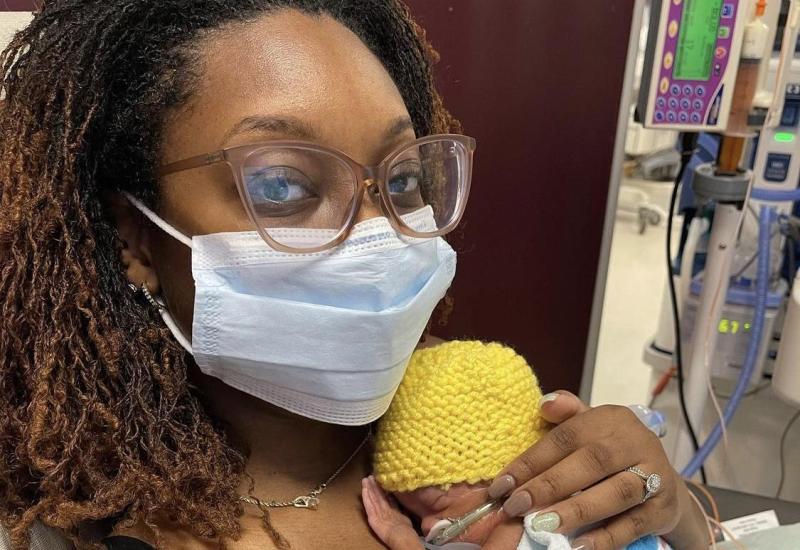At-Home Infusion Gives Gift of Health to Patients
(NewsUSA) - Hemophilia, a blood disorder in which the blood fails to clot properly, is a rare condition, but for those who have it, staying healthy can be challenging.
- Hemophilia, a blood disorder in which the blood fails to clot properly, is a rare condition, but for those who have it, staying healthy can be challenging.
The treatment for hemophilia is multifaceted, but it can include preventive care at home. Patients can give themselves infusions of clotting factors that are normally present in the blood to help prevent excessive bleeding episodes, which can be life-threatening and cause permanent damage.
Repeated self-infusion as a preventive measure is associated with a lower incidence of the joint problems that can arise from excessive bleeding.
In a recent study, 60 adult blood-disorder patients who self-infused experienced fewer joint problems by preventing the levels of clotting factors in the blood from falling below 1 percent of what is considered normal. Joint problems can become debilitating if left untreated, and patients may be unable to perform routine daily activities, attend school or work, or walk without a cane, walker, or other assistance.
In addition, blood-disorder patients who self-infuse have reported feeling more confident and in- dependent, and appreciate the convenience of infusing at home, according to data from NCHS, a specialty pharmacy service for blood-disorder patients.
Most importantly, the opportunity to infuse at home also may serve to motivate patients to take their medications as directed.
"Working to improve non-adherence among patients who intentionally stop their medications or intentionally disregard their prescribers' instructions can be more of a challenge than simply helping patients remember to take their meds," according to a report from NCHS. "But if you understand why patients are making these choices, you may have better results."
Common reasons why patients with a chronic disease such as a blood disorder fail to take their medications as directed include:
* Concerns about the high cost of the medication.
* Concerns about the medication's side effects and whether it's necessary.
* Complexity of the treatment.
* Communication issues with doctors about the value and benefits of the medication.
Service providers like NCHS can help patients achieve more independence by offering discreet home delivery of medications, education and support. Services include detailed explanations about the use, dosing, storage, and side effects of medications so patients feel confident in their at-home care, as well as reimbursement expertise and caregiver education and counseling.
For more information about NCHS and managing blood disorders, visit nchswecare.com.









